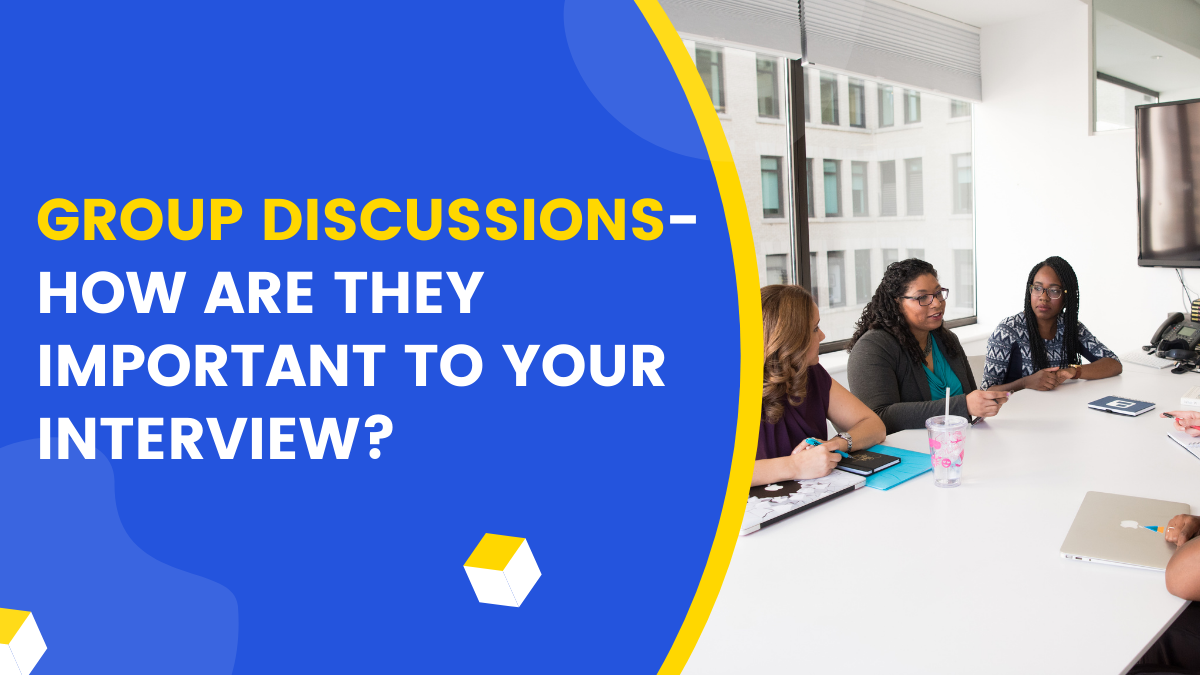They are informal discussions that a group of people with common interests talk about certain topics. The topics can range from controversial, where the group will be split up into two, and they debate amongst themselves, or it can be one where all have a common belief. Another type of group discussion is one where there is a question or an issue to be solved, and the group solves the issue at hand.
The main goal of group discussions is to conclude much debate and discussion. Nowadays, in the contemporary context, group discussions have grown in popularity in professional settings where it acts as a part of the selection process of various institutes and organizations. Moreover, as a mentally stimulating exercise, it requires the participants to involve themselves completely in it.
It acts as a measure of a person’s interpersonal skills all the way from leadership skills to communication skills. From problem-solving to conflict resolution will be tested. A person’s innate ability will stand out in group discussions. Generally, there are certain types of people in a group discussion:
- Leader: He/She is the one who initiates the group discussion, who sets the agenda, and controls the flow of the discussion if it is going off track. They will be the ones with the most leadership skills, and it will be shown in the way they control the group discussion. They are lenient and try to give everyone a chance to speak. This shows the leadership skills in the person.
- The dominant one: They will always try to impose their opinion on others. They will even shut down other people who try to state an opinion against theirs. This type of person indicates a more aggressive person and tends to impose their dominance over others.
- The passive-aggressive one: This type of person will accept the opinions of the other but won’t shut them out as the dominant person does; instead, they loop around them and try to prove that the others are wrong. This shows that they have a clever way of dealing with people, that they are subtle and can manipulate others.
- The completely passive one: They do not take part in the discussion unless asked an opinion. They are generally thought to be introverted and submissive towards others’ opinions.
This way, the judges looking at the discussion will silently observe not taking part in the discussion but will note everything that is taking place. At the end of the group discussion, they will have a rough idea of each person’s skills in the group. Then they will be able to evaluate them and call only those participants who they feel are worthy of being taken into the institute or organization.
For your easy and smooth preparation for competitive exams, we have brought DOUBTBUDDY near you. All you do is scan your questions and upload them; you get answers in seconds with teachers just with you to give a detailed explanation for your further clarification. We have faculties with us having a great experience and always ready to help you all.
Download link: https://bit.ly/3vGXhi7
For more information visit our webpage https://www.doubtbuddy.com/



